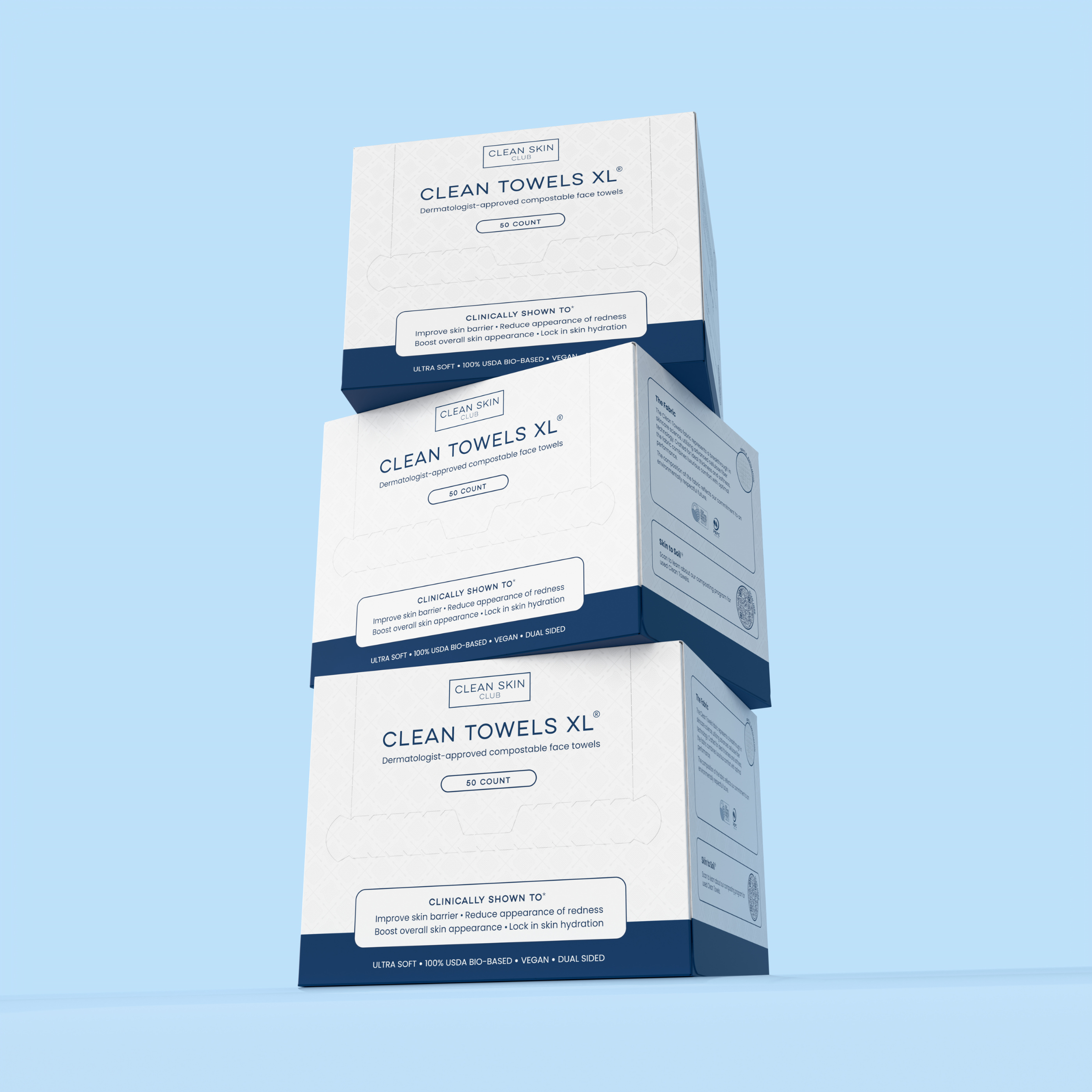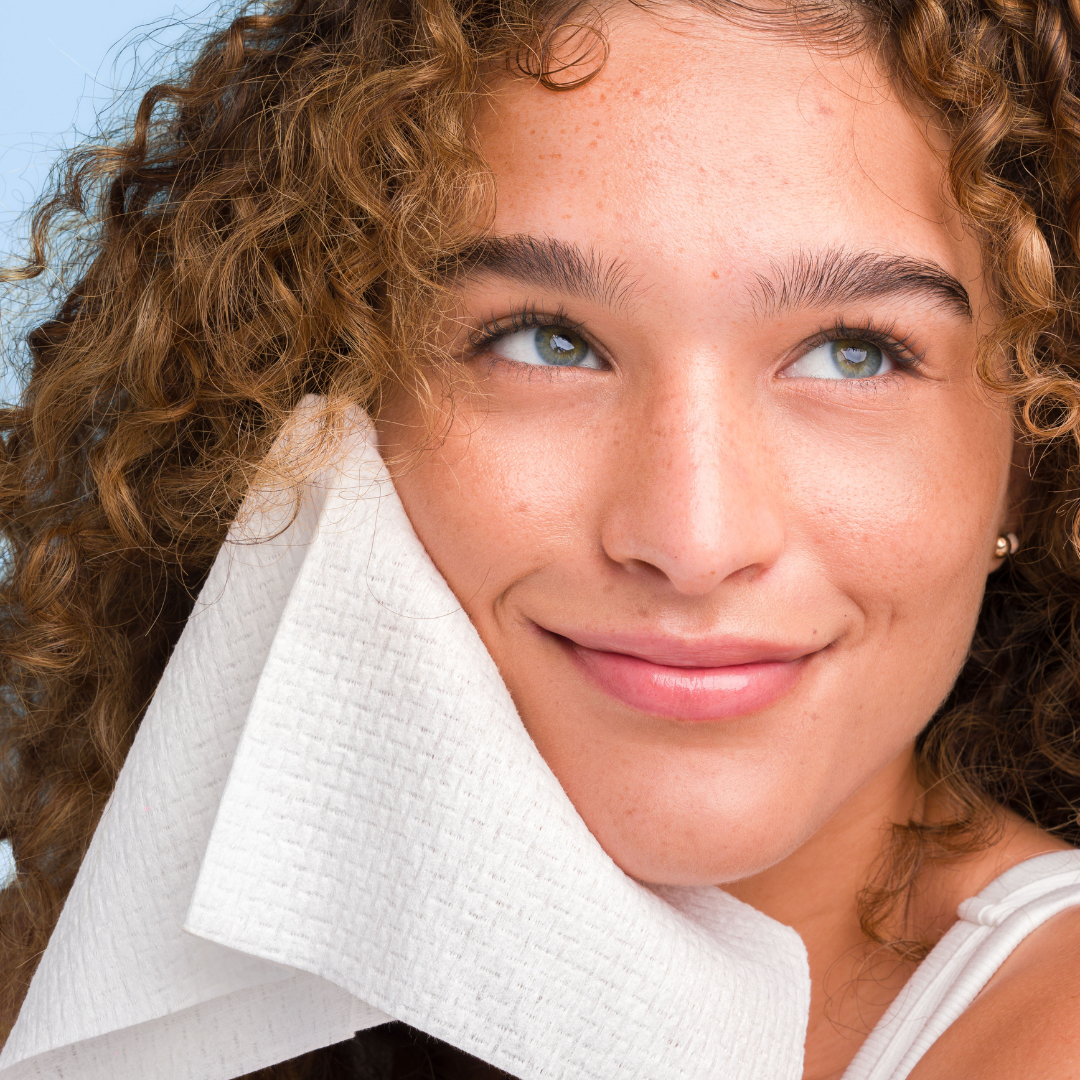If you're dealing with persistent acne, there's a good chance your skin barrier is crying out for help. But what exactly is your skin barrier, and why does it matter so much, especially for those prone to acne? Let’s dive in.
What Is the Skin Barrier?
The skin barrier, also known as the stratum corneum, is the outermost layer of your skin. Think of it as your skin's protective shield—keeping moisture in while keeping harmful elements like pollutants, bacteria, and irritants out. A healthy skin barrier is crucial for overall skin health, but when it’s compromised, it can lead to a host of issues, including acne.
How Does a Damaged Skin Barrier Contribute to Acne?
When your skin barrier is damaged, it can no longer effectively retain moisture or block out harmful elements. This can lead to increased dryness, irritation, and inflammation—all of which can exacerbate acne. The barrier’s weakened state also makes your skin more susceptible to bacteria and other pathogens that contribute to breakouts. Essentially, when your skin barrier is compromised, it’s like leaving the gates wide open for acne to march right in.
Ingredients to Repair a Damaged Skin Barrier
Luckily, repairing a damaged skin barrier is possible, and certain ingredients are superheroes in this task. Here are some of the best:
-
Ceramides: These are fatty acids that naturally occur in the skin and are essential for maintaining the skin barrier. Applying products with ceramides can help restore the skin’s barrier function.
-
Hyaluronic Acid: Known for its hydrating properties, hyaluronic acid attracts and retains moisture in the skin, helping to keep it plump and healthy while supporting barrier repair.
-
Niacinamide: This form of vitamin B3 not only helps reduce inflammation but also strengthens the skin barrier and improves its ability to retain moisture.
-
Panthenol (Vitamin B5): This ingredient helps to soothe and hydrate the skin, promoting healing and barrier repair.
-
Fatty Acids (Omega-3 and Omega-6): These are essential for maintaining the skin’s lipid barrier. They help to replenish the skin's natural oils, promoting a stronger, more resilient skin barrier.
While these ingredients work to repair your barrier, it's equally important to maintain proper cleansing habits. Learn the best ways to clean your pores without compromising your newly strengthened barrier.
The Towel You Use Matters More Than You Think
One often-overlooked factor that can damage your skin barrier is your towel. Traditional towels can be abrasive, especially when used frequently on delicate facial skin. The friction from rough towels can weaken the skin barrier, leading to irritation and worsening acne.
An excellent alternative to traditional towels is Clean Towels, which are now clinically shown to improve the skin barrier. In a recent clinical study, participants who switched to using Clean Towels daily saw remarkable improvements:
- 100% saw a boost in overall skin health.
- 100% noticed an improvement in their skin's barrier function.
- 93.94% experienced a reduction in skin oiliness.
- 87.88% reported less redness.
- 78.79% saw a decrease in skin sensitivity.
These results highlight the importance of not just the products you use but also the tools you incorporate into your skincare routine. Switching to Clean Towels can help minimize the physical damage caused by abrasive fabrics, giving your skin barrier the chance it needs to heal and protect your skin effectively.
Final Thoughts
Repairing your skin barrier is essential on the journey to clear skin. By incorporating barrier-friendly ingredients and making mindful choices—like switching to Clean Towels—you can give your skin the support it needs to recover and thrive. Remember, a strong skin barrier is your first line of defense against acne, so treat it with the care it deserves. By making these small but impactful changes, you can transform your skincare routine into one that supports and strengthens your skin barrier, ultimately leading to clearer, healthier skin. To find the right acne fighting routine for you, be sure to find an Acne Expert.
Thank you for reading!
This article of the Skinsider Scoop was graciously written by Alex Hernandez, Licensed Esthetician & Education Development Manager & Lead Educator at Face Reality Skincare and edited by the Clean Skin Club team. If you're interested in more from Alex, follow her on Instagram @hello.hernandez



